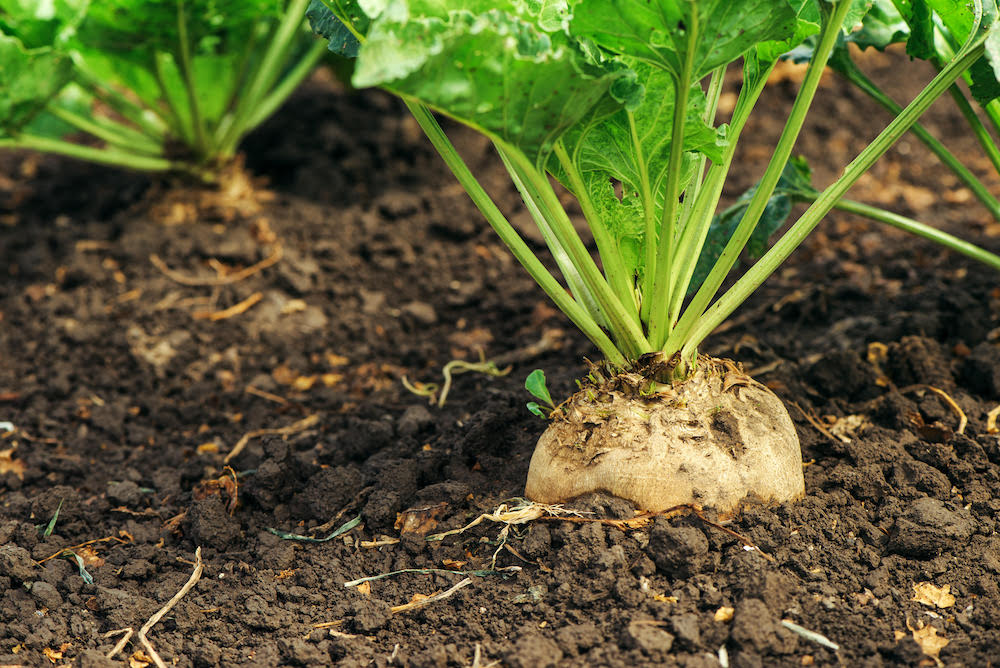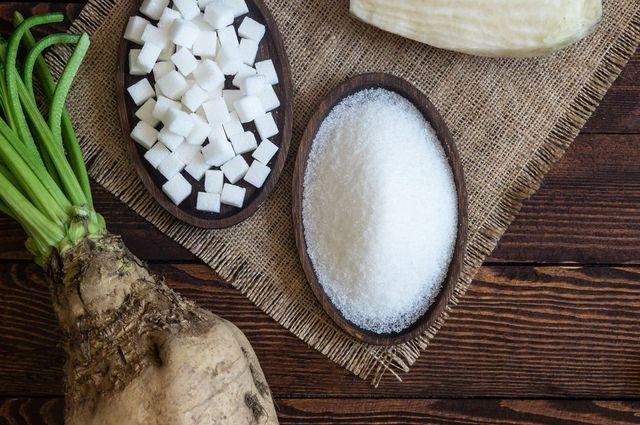Beet Sugar vs Cane: Which One Is More Common in Everyday Food Products?
Beet Sugar vs Cane: Which One Is More Common in Everyday Food Products?
Blog Article
The Great Debate: Beet Sugar Vs Cane and Their Influence on Health And Wellness
The ongoing discussion bordering beet sugar and walking cane sugar raises essential questions concerning their particular health influences and broader implications for customer choices. While both sweeteners share a similar chemical structure, their beginnings and processing methods may influence not just nourishment but likewise ecological sustainability. As health-conscious people evaluate the advantages of each choice, the implications of pesticide exposure and farming practices come right into focus. This discussion invites us to take into consideration not just the sweet taste we pick, but the far-reaching impacts of those selections on our health and wellness and the earth. What might this suggest for future usage patterns?
Overview of Sugar Sources
Sugar, a widely consumed sweetener, primarily stems from 2 major sources: sugar beets and sugar cane. Sugar walking cane grows in exotic and subtropical environments, with significant manufacturers including Brazil, India, and China.
On the other hand, sugar beets are mostly expanded in pleasant areas, with considerable manufacturing in countries such as the USA, France, and Germany. The beetroots are collected from the ground, sliced, and subjected to a process that converts the extracted juice right into granulated sugar. While both sugar resources eventually produce sucrose, their farming methods, processing methods, and geographical circulations vary considerably.
These differences can influence not just the environmental impact of sugar manufacturing yet also the financial aspects of sugar rates and trade. Recognizing the beginnings of these sweeteners is crucial for policymakers and consumers alike, as it lays the foundation for informed conversations about their wellness ramifications and sustainability.
Nutritional Contrast
When checking out the nutritional accounts of beet sugar and walking cane sugar, both resources share a comparable composition as they mostly consist of sucrose. Sucrose is a disaccharide, composed of sugar and fructose, and is responsible for the sweet taste associated with both sugars. The refining procedures for both beetroot and cane sugar return products that are mainly pure sucrose, with minimal traces of vitamins, minerals, or other nutrients.
In regards to calorie material, both beet and walking stick sugars provide roughly 4 calories per gram. Neither kind of sugar uses considerable dietary advantages beyond energy stipulation, as they lack necessary vitamins or minerals. However, the existence of trace components, such as calcium, potassium, and magnesium, can vary slightly between the 2, largely due to the agricultural methods and dirt problems in which they are expanded.
Additionally, the glycemic index values of beetroot sugar and cane sugar are comparable, showing similar impacts on blood sugar levels. On the whole, from a dietary point ofview, beetroot and walking cane sugars are functionally comparable, contributing primarily to caloric consumption without offering considerable wellness benefits over each other.
Health Ramifications
The health and wellness effects of consuming beet sugar and cane sugar warrant mindful factor to consider, specifically offered the climbing frequency of sugar-related wellness problems. Both types of sugar contribute comparable calorie worths and can result in enhanced risks of obesity, type 2 diabetes mellitus, and cardio illness when consumed in unwanted. The body sugars both metabolizes right into sugar, which can trigger spikes in blood sugar degrees, resulting in insulin resistance gradually.
While there is continuous debate pertaining to the glycemic index of these sugars, research studies suggest that both can negatively impact metabolic wellness if consumed in huge quantities. beet sugar vs cane. In addition, the possible visibility of pollutants in beetroot sugar, such as chemicals from conventional farming practices, elevates further wellness worries. Conversely, walking cane sugar, specifically when minimally processed, might offer a somewhat more beneficial account due to its all-natural state
Additionally, the consumption of sugarcoated, no matter the resource, is linked to negative wellness outcomes, including dental problems and fatty liver condition. Small amounts is essential, and individuals need to be conscious of their overall sugar intake from all sources, inevitably focusing on whole foods over added sugars for ideal health and wellness results.
Ecological Influence
Comprehending the health effects of beetroot and cane sugar also results in an assessment of their ecological impact, which can substantially affect farming sustainability and eco-friendly balance. Both check it out sugar sources have distinct environmental footprints, shaped by their cultivation methods and geographical needs.

On the other hand, beet sugar is normally expanded in warm environments and usually entails diverse plant turnings. This practice can improve soil health and decrease reliance on chemical inputs. Extensive beet farming can likewise lead to nutrition exhaustion and insect pressures if not handled sustainably.
Both sugar go to my site types present challenges and opportunities for ecological stewardship. Advertising sustainable agricultural methods and responsible sourcing can reduce their influences, guaranteeing that sugar production aligns with eco-friendly conservation and long-lasting food safety and security.
Customer Preferences
In the middle of expanding understanding of health and ecological problems, consumer preferences for sugar types are increasingly affected by understandings of health benefits, sustainability, and ethical sourcing. Beetroot sugar and walking stick sugar each present one-of-a-kind features that attract different customer demographics.
Health-conscious consumers frequently look at the dietary profiles of these sugars, looking for options perceived as much less processed or even more natural. Cane sugar, usually considered as the traditional sugar, is in some cases favored for its regarded purity and simpleness. On the other hand, beet sugar, which is regularly originated from genetically changed crops, encounters apprehension among those worried regarding GMOs.
Sustainability is an additional considerable variable influencing customer options. As recognition of agricultural techniques grows, lots of consumers select items that straighten with environmentally pleasant farming techniques. Walking stick sugar production, especially when sourced from lasting farms, can attract eco-conscious buyers.
Moral sourcing plays a crucial role also, with consumers significantly preferring items that support reasonable labor practices. Certifications such as Fair Trade can improve the good looks of cane sugar out there. Inevitably, customer preferences are shaped by a complicated interaction of wellness, ecological, and ethical considerations, driving demand for both beetroot and walking cane sugars in varied markets.
Verdict
To conclude, the argument between beetroot sugar and walking cane sugar incorporates numerous factors, including dietary published here accounts, health and wellness effects, and ecological effects. beet sugar vs cane. While both sugars primarily consist of sucrose and exhibit similar caloric content, worries pertaining to chemical use in beetroot sugar and the ecological impact of cane sugar monoculture warrant careful consideration. As consumers significantly prioritize sustainability and health, informed choices regarding sugar consumption come to be vital in advertising total wellness and environmental stewardship

Report this page